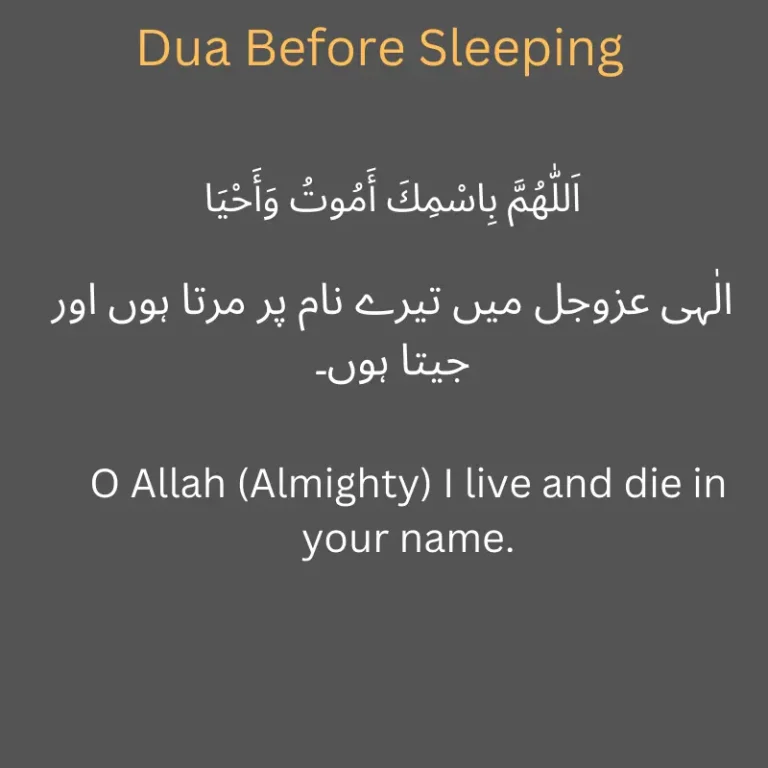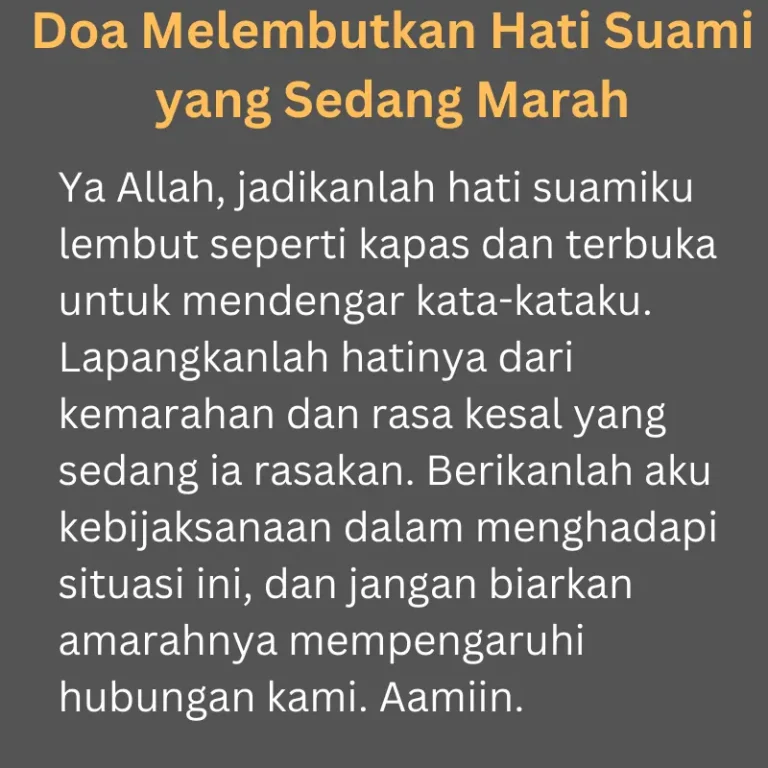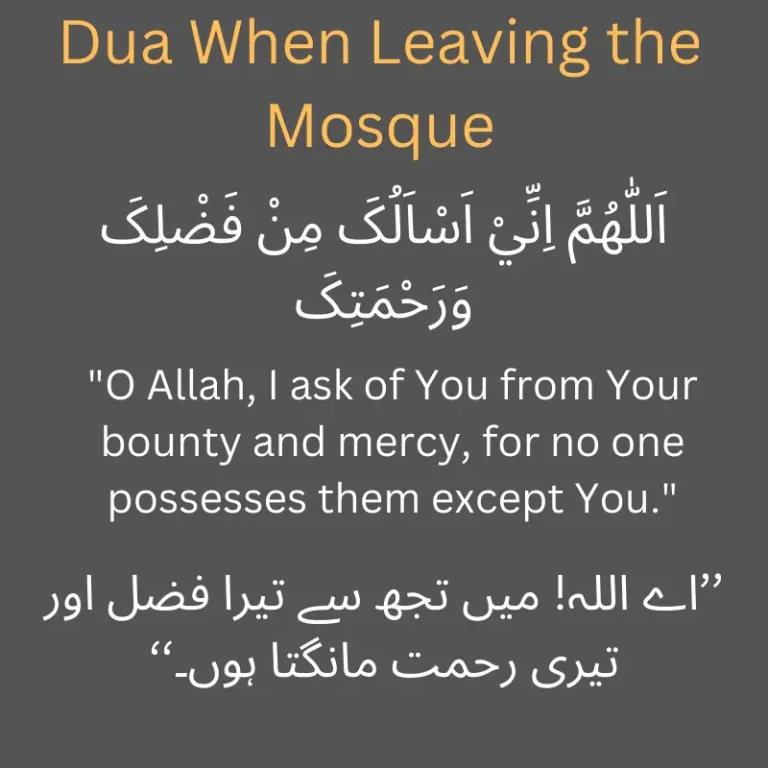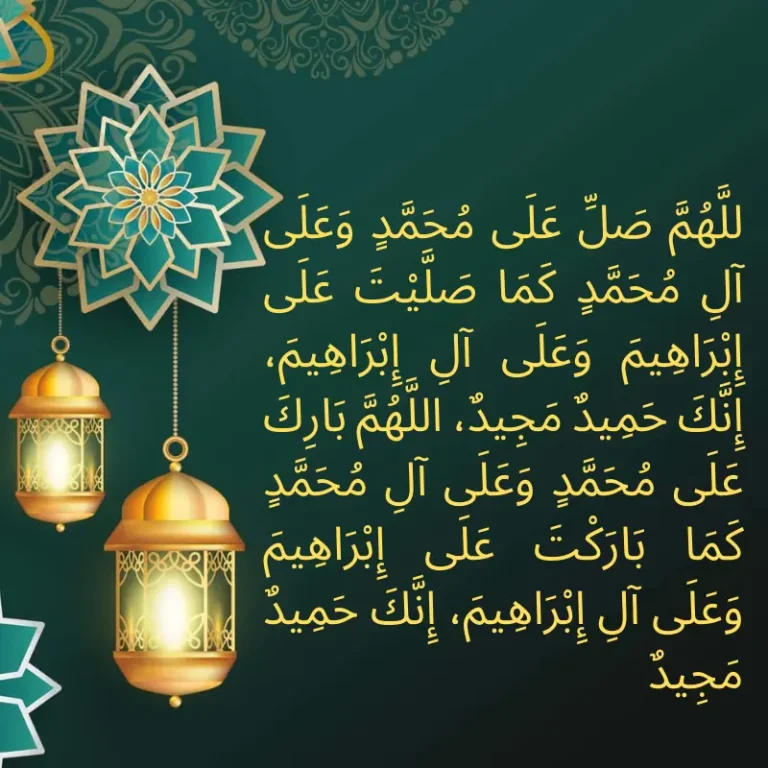3rd Ashra Dua
The 3rd Ashra of Ramadan is known as the “Safety from the Hell (Nijat)”. The dua that is recommended to be recited during this Ashra is:
(للهم أجرني من النار)
“Allahumma ajir nee mi nan naar”
Translation: “O Allah save me from the fire.”
Reciting this dua during the third Ashra of Ramadan is a way to seek forgiveness for our sins and to ask Allah for His mercy and forgiveness. It is a reminder that we should strive to seek forgiveness and to turn towards Allah throughout our lives, not just during Ramadan.
Ramadan 3 Ashra Dua
“Allahumma ajirni minan naar” is an Arabic phrase that can be translated to mean “O Allah, protect me from the Hellfire”. It is a supplication that is often recited by Muslims as a means of seeking protection and salvation from the punishment of Hellfire in the Hereafter.
Ramadan and Islam
In Islam, it is believed that Hellfire is a place of punishment for those who have disobeyed Allah’s commandments and have committed sins in their lifetime. As such, seeking protection from Hellfire is an important aspect of Islamic faith and practice. Muslims are encouraged to seek Allah’s forgiveness and mercy, and to strive to live their lives in accordance with the teachings of Islam in order to avoid the punishment of Hellfire.
Ramadan Dua
Reciting “Allahumma ajirni minan naar” is a way for Muslims to express their belief in Allah’s power and mercy, and to seek His protection and guidance in their daily lives. It is a reminder that our actions have consequences, and that we should always strive to do what is right and avoid what is wrong, in order to avoid the punishment of Hellfire and attain the rewards of Paradise.
Ramadan and Protection From Hell
Ramadan is considered a sacred month in Islam and is observed by Muslims worldwide as a time of fasting, spiritual reflection, and increased devotion to Allah. During this month, Muslims abstain from food, drink, and other physical needs from dawn until sunset, and spend more time in prayer, Quran recitation, and acts of charity.
Ramadan is also seen as a means of seeking protection from Hellfire, as fasting and engaging in other forms of worship during this month are believed to be especially meritorious and effective in achieving Allah’s forgiveness and mercy. Muslims believe that the reward for fasting during Ramadan is multiplied manifold, and that the good deeds and prayers performed during this month are accepted more readily by Allah.
Reality of Fasting in Islam
In addition to fasting, Muslims are also encouraged to engage in acts of charity, kindness, and generosity during Ramadan, as these are seen as ways of purifying the soul and seeking Allah’s forgiveness and protection from Hellfire. The last ten nights of Ramadan are considered especially important, as they are believed to contain the Night of Power (Laylat al-Qadr), which is the night when the first verses of the Quran were revealed to the Prophet Muhammad. Muslims are encouraged to spend these nights in prayer, Quran recitation, and other acts of worship, in the hope of attaining Allah’s forgiveness and protection from Hellfire.
Overall, Ramadan is seen as a time of spiritual renewal and a means of seeking Allah’s forgiveness and protection from Hellfire. Through fasting, prayer, and acts of charity, Muslims seek to purify their souls and draw closer to Allah, with the hope of attaining His mercy and the rewards of Paradise.
Reciting this dua during the third Ashra of Ramadan is a way to seek forgiveness for our sins and to ask Allah for His mercy and forgiveness. It is a reminder that we should strive to seek forgiveness and to turn towards Allah throughout our lives, not just during Ramadan.







